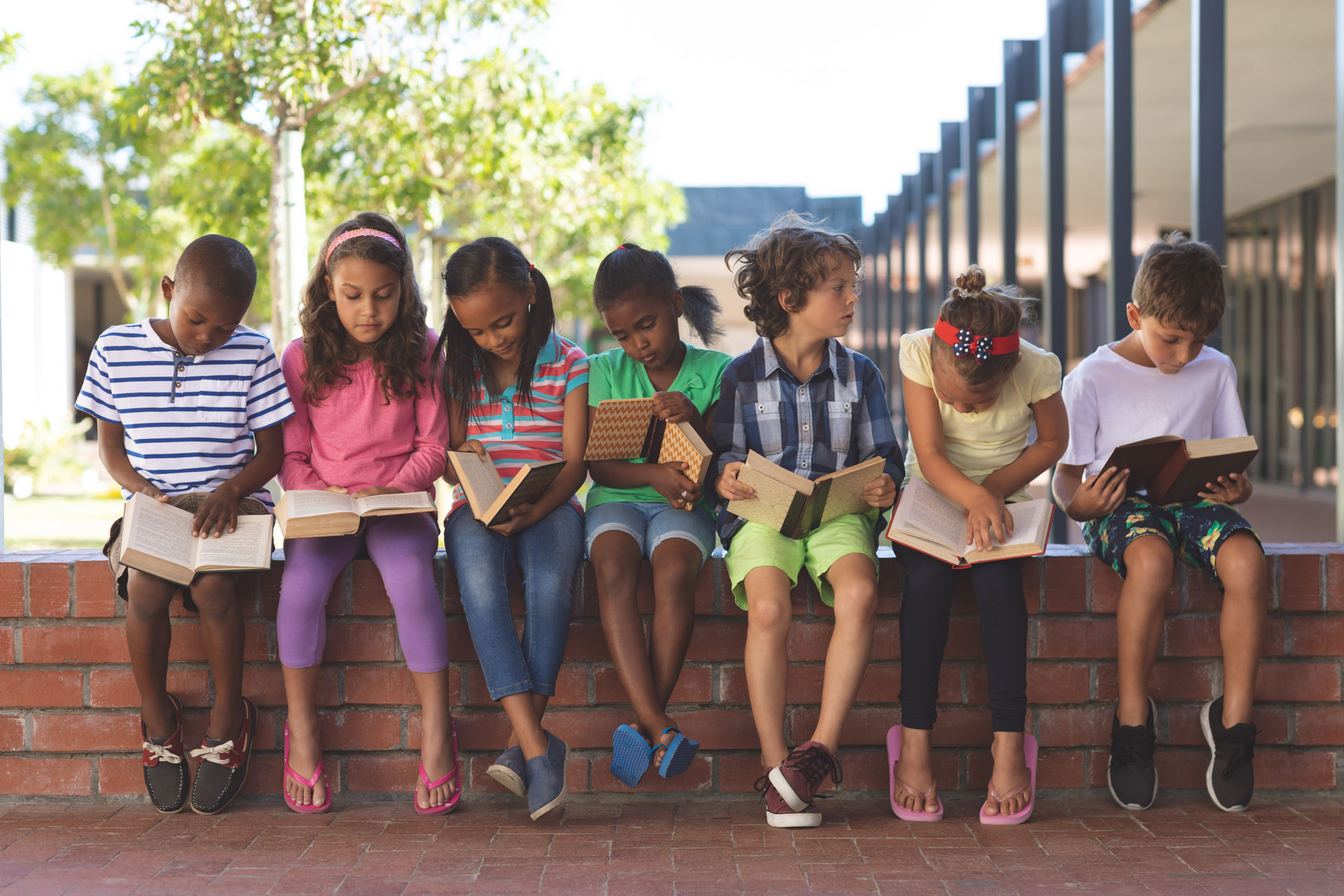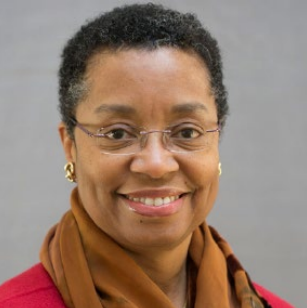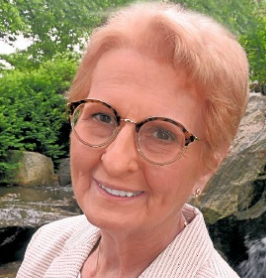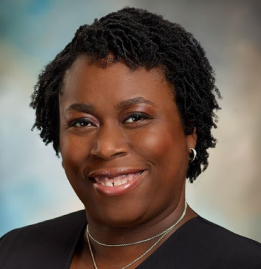
- This event has passed.
Diverse Books as “Windows, Mirrors & Sliding Doors”: The Roles Funders Can Play

“Not only do we invest in collaboratives to get books in front of children, but we’re also thinking about funding streams that can support access. We’re thinking about library systems. We’re thinking about publishers. We’re thinking about the ways in which we can break down and dismantle the barriers that do not allow for families to readily access books…that reflect the families who want to read them so that children can see themselves in that.”
Carla Thompson Payton of W.K. Kellogg Foundation shared the above statement as she described the foundation’s grantmaking in this area. Kellogg’s investments seek to ensure all children have access to the culturally relevant and diverse books that allow them to see themselves reflected in the story and also to learn about and build empathy for others with different experiences.
Jacqueline Jones, Ph.D., former President and CEO of Foundation for Child Development, moderated the session as panelists discussed the wide range of roles that funders can play to make sure children have access to books that can serve as “mirrors, windows and sliding glass doors.” Described by Rudine Sims Bishop, Ph.D. years before, these are mirrors that reflect different aspects of the child’s identity, windows that allow the child to view other worlds and experiences that might be different from their own, and sliding glass doors that allow them to enter those other worlds and build empathy and understanding.
Deborah Caldwell-Stone shared how the American Library Association’s Freedom to Read Foundation is providing advocacy, litigation and professional development support to libraries to defend the legal right to access diverse, culturally relevant books. Melanie Claxton explained how Claude Worthington Benedum Foundation is piloting the Black Men Read program in one West Virginia county to bring Black male leaders, storytellers and artists into classrooms as a way to diversify both the perspectives and narratives presented to students. Jennifer Stavrakos provided a brief overview of the wide range of approaches being supported by the William Penn Foundation, including work to identify and address book deserts in Philadelphia neighborhoods, to sponsor the development and publication of a local children’s story, and to convene and support local partners to increase access to diverse books. Thompson Payton explained how the Kellogg Foundation helped to launch the Diverse Books for All Coalition, bringing together nearly 30 nonprofits and membership organizations to leverage their aggregate buying power to influence the availability and pricing of diverse children’s books.
The panelists also discussed:
- how increasing children’s access to diverse books aligns with their foundations’ missions;
- the ways in which they have invested in research;
- the role of partnerships in the development and implementation of their programs and investments; and
- what they are learning as they navigate the challenges posed by the current social context and increasing calls for book bans.
In describing William Penn’s investments in Philadelphia, Stavrakos shared, “I learned so much from our partnership with [publisher] Lee and Low Books about the systemic issues that keep diverse books and bilingual books off the shelves, what drives of the price point for those books, what people choose to publish and what they don’t publish. That experience and the ongoing challenges that I knew were facing the organizations in Philadelphia that do book distribution really ignited our most recent investment in Philly Book Wish.”
Panel







